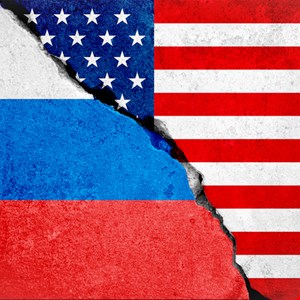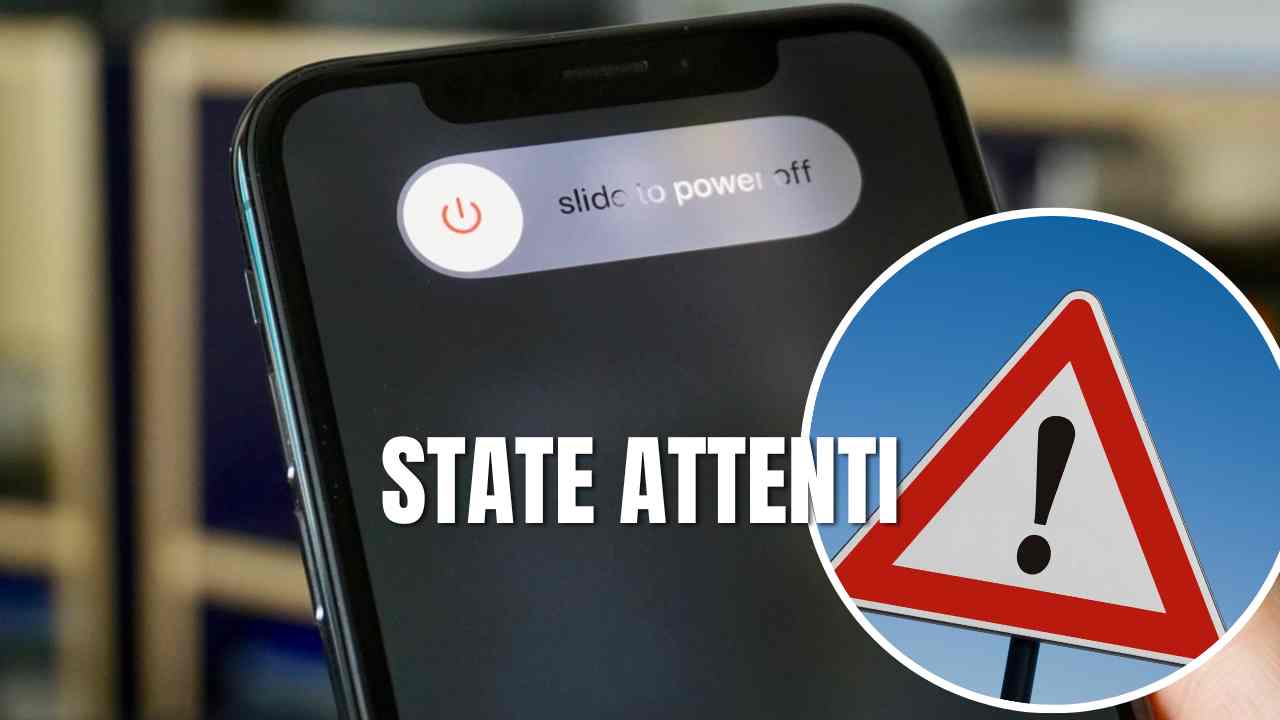It’s that time of the year when everyone’s thoughts turn to turkey and all the trimmings. And while my Thanksgiving gathering (and the size of my turkey) will be much smaller this year because of surging Covid-19 cases here in Denver, that isn’t stopping me from taking a look back at some of the other turkeys this year. I’m talking about the bad decisions and misfired strategies that made headlines over the past eleven months.
2020 has been a year unlike any other – and it’s not over yet. Nevertheless, I thought it was worth looking back and revisiting some of the wireless industry’s worst moves of the year.
Turkey No. 1 goes to all those who torched the GSMA for cancelling Mobile World Congress last February. When the GSMA made the very difficult call in February to cancel its premiere industry event – Mobile World Congress Barcelona – due to growing concerns about the coronavirus, there were several critics (including some very outspoken members of the tech press) who chastised the organization for its decision. Some even proclaimed that Mobile World Congress would never recover from this bad decision because it was based upon “hysteria” over a virus that was primarily isolated to China and a few cruise ships.
Mobile World Congress is a huge event that typically draws more than 100,000 attendees and attracts every wireless company big and small. Understandably, the GSMA’s decision caused an uproar because it cancelled the event just two weeks before it was slated to begin. By that time every attendee had already booked their flights and prepaid at least a portion of their lodging. But GSMA really had no choice – it was backed into a corner after several large exhibitors, including Ericsson, dropped out of the event.
In hindsight, the GSMA’s decision, while difficult, was probably a life saver for thousands of members of the wireless industry who might have attended the trade show, become infected and ill, or carried the deadly virus back home to their families and co-workers. If anything, the wireless industry should be thanking the GSMA (as well as big vendors like Ericsson) who had the foresight to cancel the event.
Turkey No. 2 goes to those that support a nationalized 5G network. This idea that the U.S. government should build and maintain its own 5G network keeps resurfacing. The likely reason for this idea circulating in 2020 is that the Department of Defense (DoD) back in September issued a request for information (RFI) to explore how it might be able to own and operate a 5G network for its domestic operations.
Understandably, the wireless industry balked at the idea. The CTIA, CCA, Wireless Infrastructure Association (WIA) and other trade groups joined together to fight the proposal and even sent a letter to the Trump Administration outlining the numerous reasons why private innovation and competition among wireless operators is better than supporting a nationalized network.
The idea is bad one. U.S. wireless operators have been aggressively deploying 5G throughout the country this year and have spent billions of dollars doing so. There is no need for U.S. taxpayers to pay for an additional 5G network – one that would likely take years to deploy.
Although it’s still too early to know how President-elect Joe Biden and his administration will proceed when it comes to spectrum policy, I hope the idea of a nationalized 5G network will fade from view forever.
Turkey No. 3 goes to the Trump Administration for its decision to withdraw FCC Commissioner Michael O’Rielly’s nomination. Back in August I was shocked to hear that President Trump withdrew the nomination of Commissioner Michael O’Rielly to serve another term on the FCC. The decision was considered a very surprising move because O’Rielly was a Republican nominee.
But O’Rielly apparently ruffled some feathers after he publicly made comments about having reservations about FCC re-examining Section 230 of the Communications Decency Act of 1934. President Trump had repeatedly said that he wants to prevent social media platforms such as Twitter from engaging in political censorship against conservatives and wanted the FCC to look into it.
Understandably, many in the wireless industry are saddened by President Trump’s decision. As an FCC commissioner, O’Rielly was instrumental in bringing new spectrum to market, and played a huge role in making the CBRS and C-Band spectrum available for auction. When I met with O’Rielly last February at the University of Colorado Silicon Flatirons conference, he said he had been working on the C-Band plan for more than four years and was very excited about the potential it held for making 5G services more widely available in the U.S.
Turkey No. 4 goes to those hyping open RAN. There’s no doubt that open RAN technology, which refers to the separation of the hardware and software components of the radio access network, will dramatically alter the way mobile operators build their network. The technology is exciting because it introduces more flexibility into the network.
But it’s still unclear when we will see widespread deployments of open RAN, particularly by the big three nationwide U.S. operators. Although both AT&T and Verizon have acknowledged their support for the technology, they haven’t provided other details. Meanwhile, T-Mobile’s President of Technology Neville Ray is an outspoken critic of the technology and recently told investors during a New Street Research call that he doesn’t think open RAN is ready for prime time. “We are for open standards but the commercial model behind O-RAN – that’s a big TBD [to be determined],” Ray said.
Some industry analysts believe that the technology needs time to mature and Ray’s comments about the business model seem to indicate that he’s in agreement with them. Perhaps open RAN vendors need to focus their efforts on educating the marketplace about the open RAN unknowns – like integration costs and the business model – instead of just focusing on the technical benefits.
Turkey No. 5 goes to Dish for its over-promising and under-delivering on 5G (so far). Dish Network Chairman Charlie Ergen is back-pedaling on the company’s promise to deliver its first 5G market at the end of 2020.
During Dish Network’s third-quarter earnings conference call with investors, Ergen said that the company will not have 5G available in a major market until the third quarter 2021. That’s a big delay in the wireless networking world, particularly as the three existing nationwide operators have been aggressively deploying their 5G networks across the U.S.
The issue, according to Dish, is that it needs open radio access network (RAN) radios from vendor Fujitsu and those won’t arrive in volume until the second half of 2021. Dish may be able to launch service in a few small markets in the first quarter of next year but will need a couple more months before it can deploy its 5G service more widely.
Ergen did emphasize that he believes Dish is building a higher quality network than its peers because it is constructing a greenfield cloud-native 5G network that uses open RAN technology. While delays are not unheard of in the wireless industry, in this very competitive landscape, a delay of six months or more is significant.













